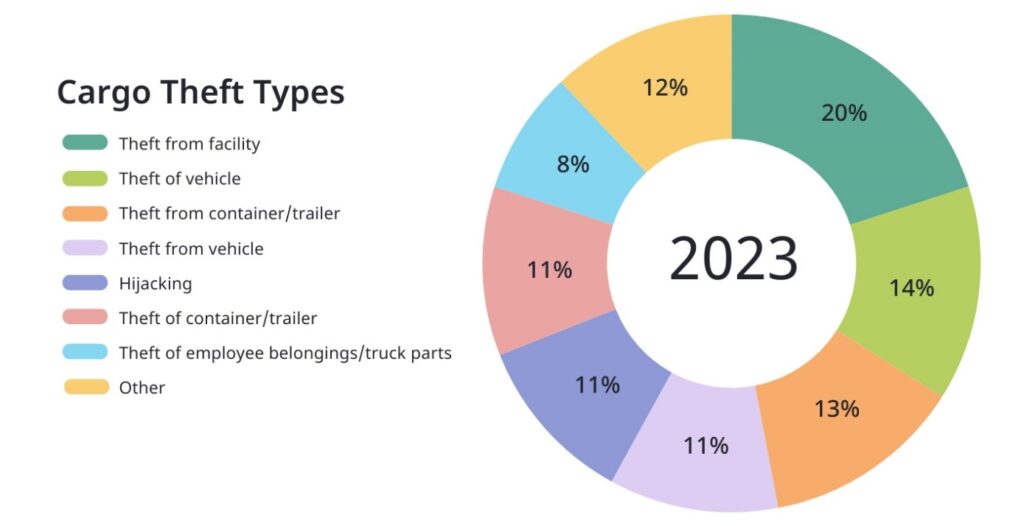The British International Freight Association (BIFA) used the latest episode in its 2024 webinar series to deliver some key advice on the subject of safety in the container shipping environment.
Keynote speaker at the webinar was Mike Yarwood, managing director of loss prevention at TT Club, a global leader in providing insurance and risk management services to the international transport and logistics industry. He was supported by Robert Windsor, BIFA’s member policy & compliance director, with responsibility for advice and information on maritime, road and dangerous goods, BIFA Standard Trading Conditions (STC), as well as legal and insurance matters.

With their extensive expertise, Yarwood and Windsor guided attendees through crucial safety practices in the maritime containerised supply chain.
The webinar covered three key areas, including the proper packing, transport, and unpacking of cargo transport units (CTUs) with attendees gaining insight into best practices to ensure the safe handling of freight containers, an often-overlooked aspect in maritime transport compared to air freight.

Furthermore, in addressing the management of hazardous cargoes, the webinar highlighted the dangers of non-declared and mis-declared hazardous cargoes and attendees gained insights into the initial checking of documentation, methods for identifying non-compliant freight; and some steps for regularising cargoes.
Additionally, understanding the importance of accurately weighing cargo to establish the Verified Gross Mass (VGM) of the container was addressed as well as its significance to ensuring safe and compliant shipping practices.
BIFA took the opportunity to emphasise the importance of incorporating its Standard Trading Conditions (STC) into contracts to maximise their protective benefits.
Commenting on the webinar, Windsor said: “There have been several widely reported container fires aboard ships, where containerised cargoes may have been the cause of, or contributed to such fires.
“BIFA believes that consistent, widespread and diligent adherence to the CTU Code by all parties within global CTU supply chains would significantly reduce these types of incidents, some of which have resulted in fatalities and serious injuries amongst ships’ crews and shore-side staff.
“Other occurrences, such as container stack failures, vehicle roll-overs, train derailments, internal cargo collapses and incidents of invasive pest contamination, can also be traced to poor packing practices.
“Through activities like this webinar, we hope to foster a greater awareness of the CTU Code and the packing practices and techniques it contains and help to reduce such incidents.”
Yarwood added: “Raising awareness of the myriad risks that permeate the global supply chain, via webinars such as this, is fundamental in influencing the adoption of better practices that will increase the safety, security and sustainability performance of operators. TT Club is grateful to BIFA for providing the platform and access to an engaged audience”.
ENDS
Notes to editors
Webinar attendees were encouraged to download the following guidance documents to maximise their learning experience:
- IMO/ILO/UNECE Code of Practice for Packing of CTU Code | UNECE
- Cargo Integrity Group – CTU Code: A Quick Guide | TT Club
About BIFA:
The British International Freight Association (BIFA) is the trade association for UK-registered companies engaged in international movement of freight by all modes of transport – air, road, rail, and sea. BIFA represents over 1,650 member companies in the logistics and supply chain management sector. www.bifa.org
About TT Club:
Established in 1968, TT Club is a leading provider of insurance and related risk management services to the international transport and logistics industry, with a mission to make the industry safer, more secure, and more sustainable through comprehensive loss prevention initiatives and expert advisory services, including specialist underwriting, claims management and risk and loss management advice. www.ttclub.com











